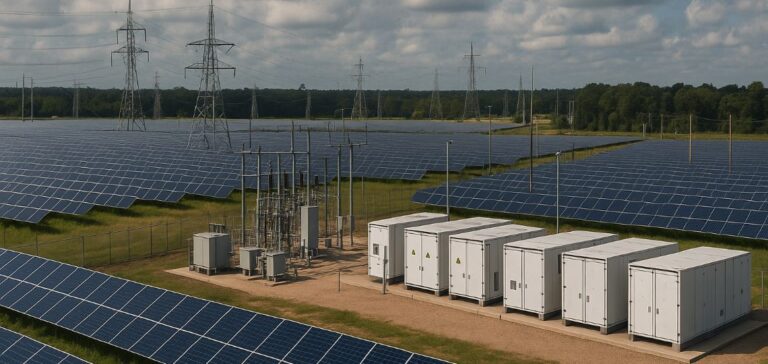Abundance Energy, a provider of residential energy solutions, has partnered with sonnen and Energywell Technology Licensing LLC to develop a network of Virtual Power Plants (VPPs) based on home batteries in Texas. The project aims to improve local grid stability by optimising the use of energy stored directly in households.
Data-driven technology integration
The Proton platform developed by Energywell ensures intelligent management of connected batteries in response to market price signals, user consumption and solar generation. Each battery integrated into the network acts as an autonomous unit which, when combined with others, forms a virtual plant capable of dynamically responding to energy demand.
The energy management technology developed by sonnen controls when stored energy is injected into the grid. This system allows Abundance Energy customers to participate actively in the energy market while reducing their reliance on the grid during peak demand periods.
Meeting Texas’ growing need for flexibility
The Texas grid, historically exposed to production and consumption imbalances during heatwaves or cold spells, provides fertile ground for such initiatives. The decentralised VPP model offers better anticipation and increased responsiveness to fluctuations, while limiting the use of conventional backup sources.
Energywell states that its optimisation technology enables precise scheduling of battery discharge periods, thus maximising user returns while easing grid pressure. According to Chief Executive Officer Michael Fallquist, this model exemplifies “the future of distributed energy” in a region facing increasing challenges in power resilience.
A user-focused model
Thanks to this partnership, households equipped with sonnen batteries will be able to stabilise their consumption while generating revenue through market participation. Thomas Mandry, Chief Executive Officer of Abundance Energy, noted that the initiative aims to “deliver smarter and more reliable energy solutions to homeowners”.
This project emerges in a context of ongoing transformation of the residential energy model in the United States, particularly in Texas, where authorities are encouraging decentralised solutions to meet growing demand.






















